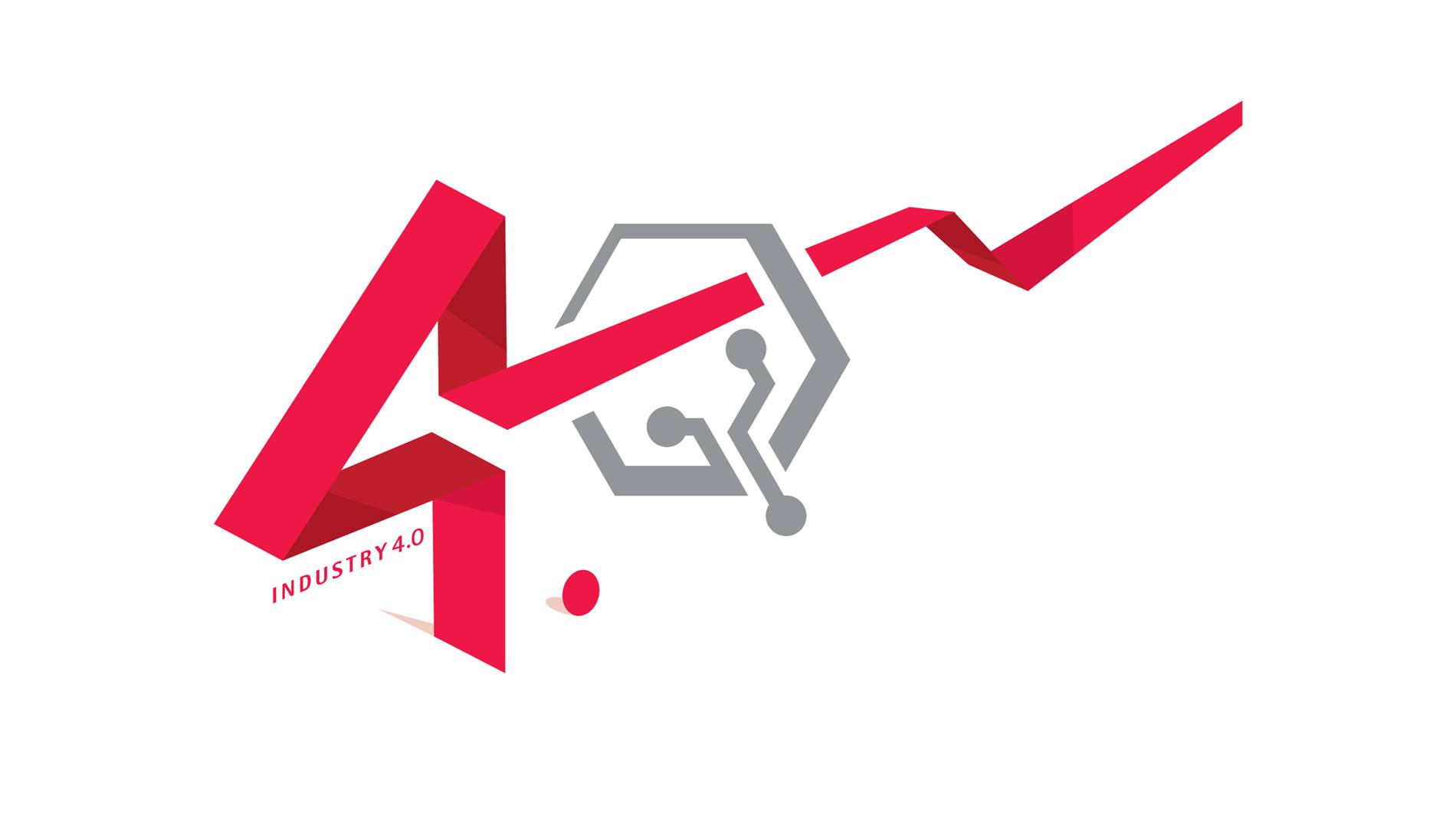
Industry 4.0: How Virtualization is Changing Warehouse Operations
24 April, 2017
Virtualization is a key component of Industry 4.0 that is available today. Find out how it is changing warehouse management.
Imagine if you could model your warehouse virtually and run through “what-if” scenarios to better anticipate changes in demand or precisely determine the impact of new equipment on material flow?
You no longer have to imagine it. It’s happening today.
Virtualization is one of the design principles —along with interoperability, decentralization, modularity, service optimization and real-time capability—that are shaping Industry 4.0 solutions.
If you’re thinking about Industry 4.0 as something coming in the future, it’s time to change your thinking. New material handling solutions, such as Swisslog’s SynQ software platform, are bringing Industry 4.0 design principles, including virtualization, to the warehouse today.
Virtualization allows a “copy” of the warehouse to be created digitally by merging sensor data acquired from monitoring physical processes and equipment with virtual warehouse models and simulation models. The virtualized view of operations helps to monitor physical processes and is then visualized through a 3D interface that allows warehouse operators and managers to better manage growing complexity, reduce equipment downtime and optimize processes.
Virtualization is enabled in SynQ through its decentralized architecture, real-time data management capabilities and a 3D user interface. Working with SynQ’s business intelligence tools, the interface improves planning, operation and maintenance by presenting a virtual view of existing conditions or modeling future conditions based on planned changes to equipment or processes. Here are four examples of how the virtualization capabilities within SynQ are changing the way warehouses are managed today:
- Material flow monitoring. Visibility of products in the warehouse has become essential to efficient material handling. But, until recently, this has been limited to knowing the location of a product in inventory. SynQ virtualization technology allows you to monitor products as they move through the process to improve accuracy and identify opportunities for optimization.
- Condition monitoring. Condition monitoring uses real-time data from material handling equipment to identify equipment wear before it becomes noticeable in operations, enabling warehouse staff to accurately predict when maintenance is required to prevent failure. Instead of scheduling regular “preventive” maintenance at pre-set intervals, whether the equipment needs it or not, or adopting a strictly reactive approach to maintenance that addresses problems as they occur, virtualization enables a smarter approach to maintenance in which service is performed only when it is needed and before failures occur.
- Availability management. In today’s warehouse, equipment and processes are interconnected in ways that can amplify the impact of downtime of any one piece of equipment. Through virtualization you can model the impact of downtime of any piece of equipment to better understand the effect of its failure on warehouse operations and avoid unanticipated consequences.
- Process modeling. One of the challenges many organizations face in deploying new automation systems is getting a full understanding of the impact of new equipment on existing process flows before the equipment is installed. This can lead to a prolonged startup phase in which processes are refined to accommodate the new equipment, delaying return on investment. With virtualization, you can add new equipment to your models to accurately predict their impact on throughput, understand exactly what process changes are required prior to implementation, and shorten deployment and startup times.
Industry 4.0 continues to generate a buzz in the industry, but too often the concept is presented in abstract, futuristic terms. This does the current state of the technology a disservice. Sensors are now common in many warehouses, and software platforms, built on Industry 4.0 design principles, such as SynQ, can create virtual models of warehouse operations that support smarter maintenance, improved planning and process optimization, bringing the benefits of Industry 4.0 to your warehouse today.




